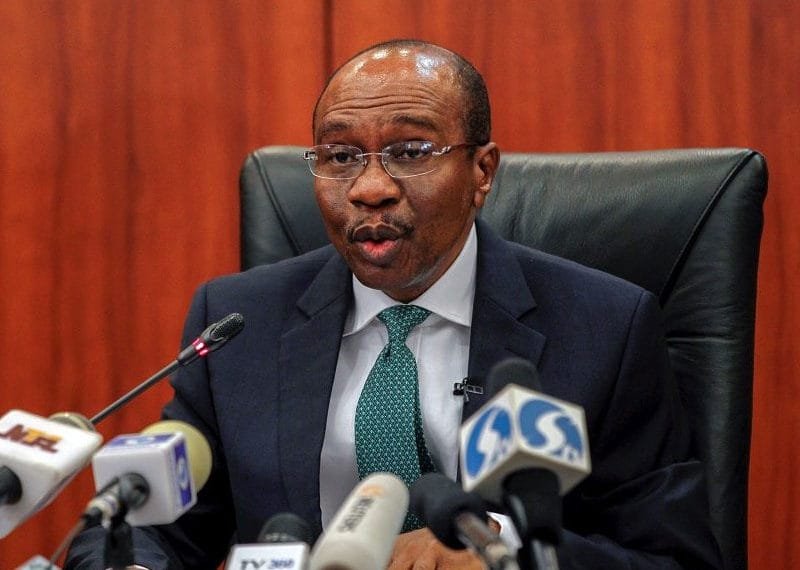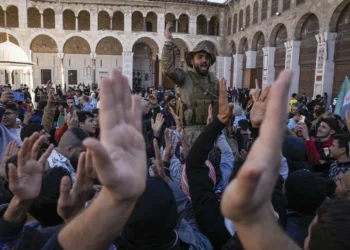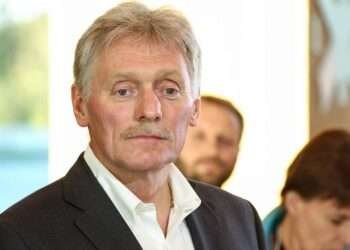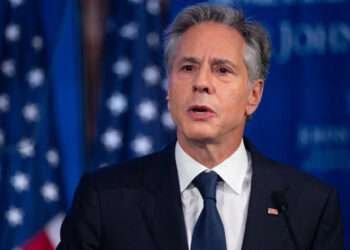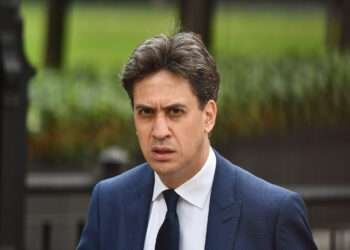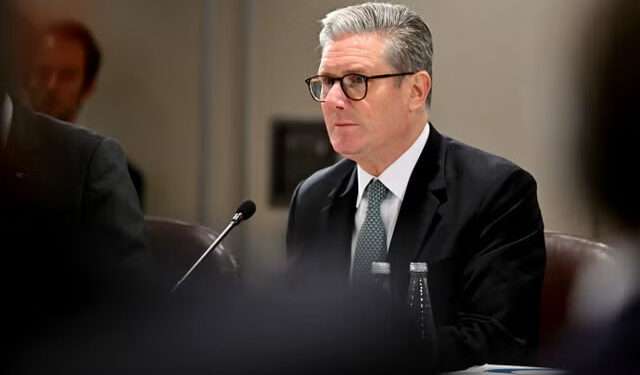The Central Bank of Nigeria is projected to increase its policy rate by 100 basis points from 11.50% to 12.50% in the next half of 2021, Fitch Solutions says.
The Central Bank of Nigeria stayed the policy rate at its March monetary policy (MPC) meeting, the third consecutive time after cuts of 100 basis points in May and September 2020. This decision became necessary as an action to check risks to growth and inflation outlooks.
According to the CBN’s own statement, “concerns about the unabated rising trend of domestic prices” and a fragile exit from recession required that the MPC continue to focus on consolidating the recovery process.
Nonetheless the decision to increase the policy rate was not a unanimous one, as only three out of the ten MPC members voted for the rate hike.
Fitch Solutions expects that inflation will continue unabated over the ensuing quarters. Thus, attributed to rising import costs and food supply challenges.
Inflation shot up in 2020 averaging 13.2% and continued its run to 16.5% in January and 17.3% in February 2021. This was on the back of sharp rises in food and transport inflation, registering 21.8% and 14.1% respectively in February. This also includes struggling exchange rate, which is the cause of the increasing import costs.
Food supply inadequacies continue to underlie the rising food prices. Also, this has been exacerbated by rising food insecurity in food-producing areas.
Economists from Fitch Solutions indicate that the pattern will continue over the coming months. Consequently, expectations are that food inflation would remain a major driver of overall price growth in 2021. Imported price pressure will also persist due to the continued depreciation of the naira.
Nigeria’s growth forecast
Fitch expects Nigeria’s GDP to remain weak in the H1 of 2021, and as a result, restrain the CBN from tightening policy rate in its next meeting.
Among other things, the slow rollout of the government’s Covid-19 vaccine programme continues to delay consumer and business confidence. Thus, economic activity has seen nearly negligible improvement.
Furthermore, Nigeria’s manufacturing and non-manufacturing Purchasing Managers Indices have increased slightly from 44.9 and 43.3 respectively in January and 48.7 each in February. However, the values still fall below 50 indicating continued slow economic activity.
Fitch expects Nigeria’s economy to strengthen in H2 of 2021 as the vaccination programme gathers momentum. This is likely to lead to further easing of social distancing measures, alongside rising consumption and investment.
Fitch Solutions, therefore forecasts growth to increase slightly to 1.8%. This mild improvement in H2 of 2021 will provide space for the CBN to shift focus to inflation targeting while supporting the naira.
Also, Fitch Solutions expect the CBN to hold the policy rate at the 12.5% rate farther into 2022. This is in anticipation of the balanced outlook on inflation and growth.
Furthermore, inflation will remain well above the target band (6.0-9.0%), indicating a return to monetary policy easing, Fitch notes. GDP growth will also increase to 2.7%, reflecting the waning effects of the pandemic, and correction of structural challenges on economic activity.
As a major oil exporter, the rollout of the vaccine in developed and emerging markets affect the recovery in oil.
In the event where there are prolonged delays in the distribution of vaccines, this recovery may stall or remain weak. Thus affecting the increased growth forecast, Fitch cautions.
READ ALSO: SEC to introduce business guidelines to market operators

